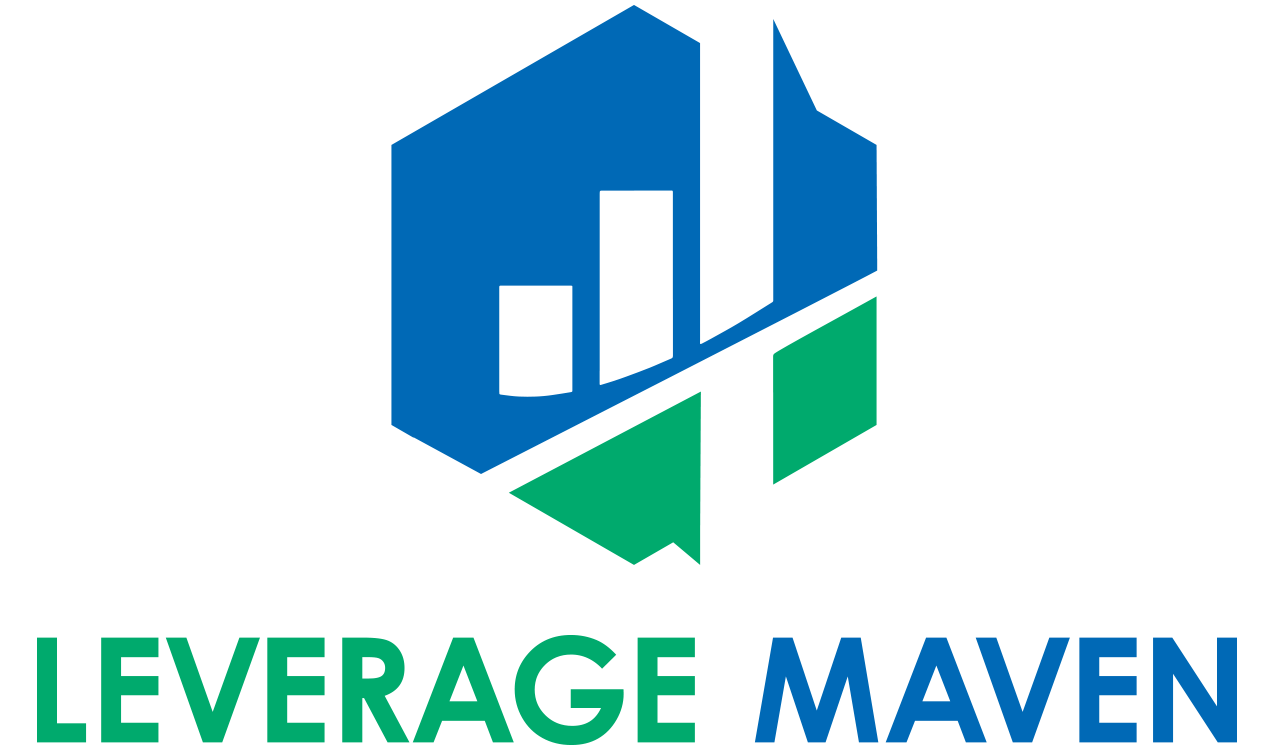Blog

Managing Your Food Budget
First, you need to know how much to even start with right? The best way to get an idea is to look at your bank statements over the past 3-6 months and add up EVERY single transaction that dealt with food. Now, many people will separate groceries from dining out, even Starbucks as it’s own category lol. That’s up to you. Once you add them all up, you’ll divide the total by the number of months and you’ll get an average. If you went on vacation one of those months or it was the holidays and you didn’t spend the normal amounts, then you may either skip those or use more months to get an average. Once you have this information, you may be surprised! A previous client (family of 3) had spent an average of $1300/month on food of which $300 of it was Starbucks! While some may think that’s ridiculous, some may think it’s not enough - it depends on whether you can afford it and if you believe that money shouldn’t be spent in other areas. Only you and your family can decide on that.
Once you have the average you’ve spent monthly, you now have a better idea of how much to budget for realistically. You don’t want to only budget $300 when you’ve been spending $900 per month; it’s less likely that you’ll stick to it. So what I’d suggest is to gradually decrease your budget from what you actually spend until you reach your goal (or a point that you feel comfortable - affordable yet enjoyable). So maybe the first month you budget $850, and decrease $25-50 each month until you reach your goal. This will help you not only stick to it, but not feel like you’re depriving yourself of foods you may really want.
There are some things you can do to stick to your food budget as well. Try to budget based on how frequent you go grocery shopping. For example, let’s say you get paid weekly and so you get groceries on a weekly basis, and you have a budget of $200 per week on groceries (dining out may be separate) instead of $800 for the month. If you focus on the smaller amount, you’re less likely to go over your budgeted amount for the whole month. Plus, depending on your spending habits, you may spend the entire $800 by the 20th of the month and then what are you going to do for the rest of the month? When you go to the grocery store, go with a list and do not deviate from it. If the kids are with you, gamify it in a way that they'll enjoy it when you stick to the list or budgeted amount. So if you have a budget of $150 for that trip to the store, maybe tell the kids they can each pick one snack IF they help you stay below $100.
Also, do not go to the store with your max budget in mind. There may be times when mid-week you need to grab milk or fruit, an ingredient you forgot about... choose a budget for the week but when you go for the majority of those groceries, spend a good amount less as well. Keep in mind that there will be months/weeks of higher purchases than others because of stocking up on paper towels, shampoo, toilet paper, etc. When you budget $800 (for example), and you only spend $700, then rollover the difference to the next week/month. If that difference starts to get bigger, then decrease your budget even a little more, but this way you'll have those more expensive or less frequent items budgeted for (on average).
When you’re determining your eating out budget, see how much it costs for you and your family to eat out at a place you typically eat. Based on that amount, how many times would you go per week, per month? This helps you be more aware of how often you truly can eat out. Again, this is based on your budget that works for you so if this means you eat out more often than cook at home and you can afford to do so, that’s totally up to you.
One more tip that has worked for several couples - your food budget should be for family meals (or cooked meals to take to work). So if you want to buy from the vending machine at work, or grab fast food during your break, have a separate budgeted item for this. My husband and I have a Personal Fund where we can spend it wherever we want and this is an example of what that can be used for. If one works outside of the home and the other does not, then you may want to discuss how that will work in your budget. Of course, there are many more ideas of how to stick to your budget of food, but I wanted to make sure you had some of the basics with additional ideas that you could implement immediately.

About the Author
As a Profit Strategist, Jennifer helps business owners implement a cash flow management system which guarantees the business' profitability, ensures owners are compensated fairly and that they never have to worry about making tax payments again.
Copyright ©2024 Leverage Maven™ | Privacy Policy







